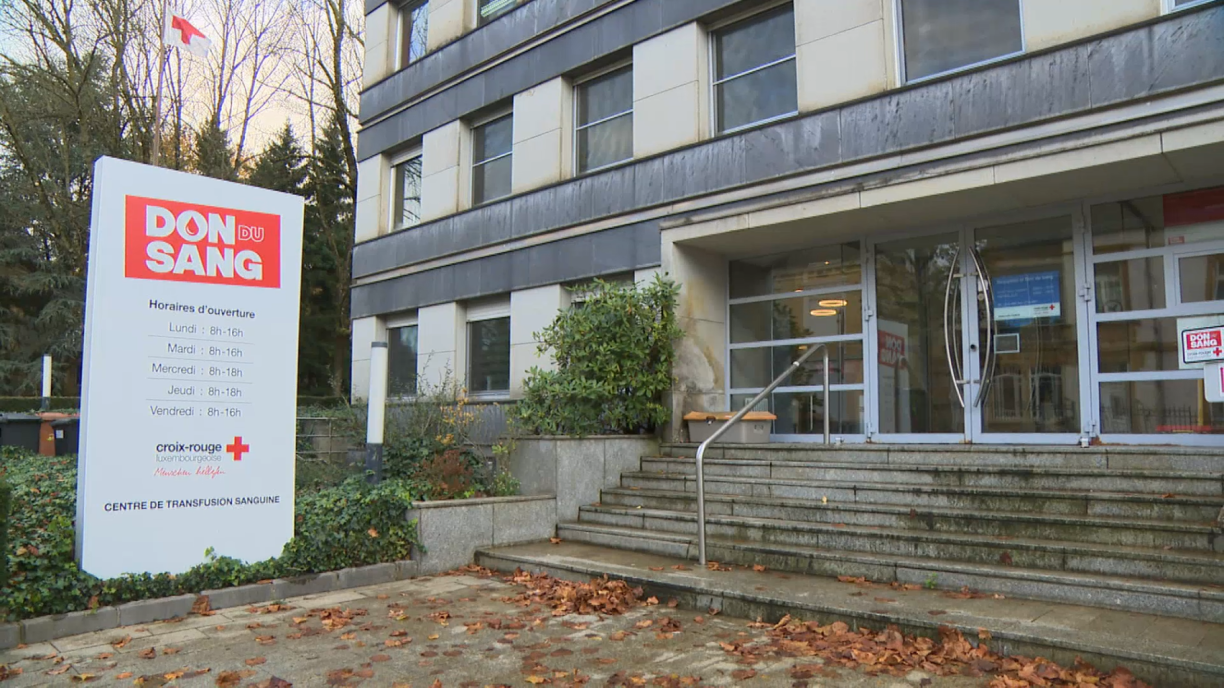
In Luxembourg, the exclusive responsibility for blood donations lies with the Red Cross, which manages the entire process: collecting donations, testing them in the laboratory, storing them, and distributing them to hospitals. While it is a public service, the current financial model is unsustainable.
The Red Cross service handling blood donations employs 70 people. Each year, the state provides funding for the service, but the rest of the budget comes from hospitals, which purchase blood products from the Red Cross. The National Health Fund (CNS) sets the tariffs that hospitals pay, but these tariffs have not been updated in recent years, leading to a financial imbalance.
As a result, the Red Cross has to contribute its own funds, which are typically sourced from donations but are needed elsewhere. "€1.2 million were added in 2023, and this year we are expecting €2 million,” says Michel Simonis, Director of the Luxembourg Red Cross.
To address the issue, the Red Cross is calling for a new financing model for blood donations and has already initiated discussions with the government and the CNS.